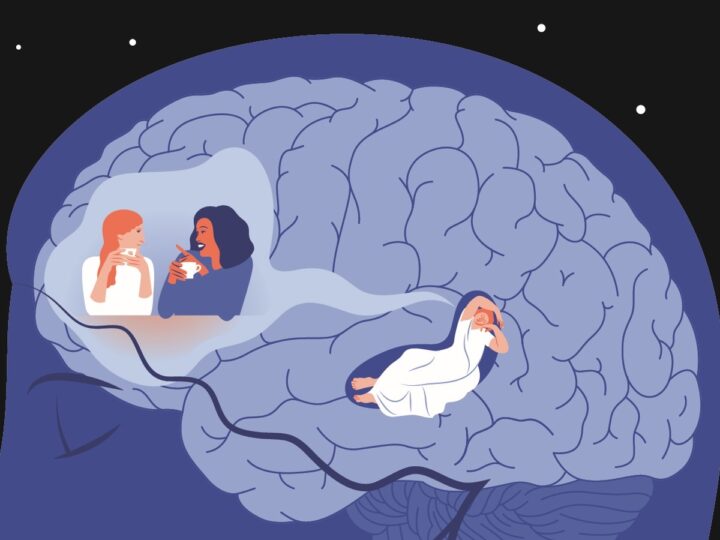It’s no secret that a good night’s sleep is important. But it’s also pretty strange that all living things require substantial shut-eye that leaves them vulnerable in a world full of danger. So what makes the benefits of sleep so great that it’s worth the risk?
This is the question that researchers from Bar-Ilan University sought to answer. In a study now published in Nature Communications, they wanted to discover how to define sleep and why we all sleep.
“If you think it through, it seems odd that this feature is so well-kept, because it’s dangerous,” says brain scientist Prof. Lior Appelbaum, one of the study’s co-authors. “In the jungle, if you’re in sleep mode you’ll get eaten by a tiger.”
This seeming contradiction led the researchers to believe that sleep must have fundamental importance. To determine whether this is the case, they used innovative 3D time-lapse imaging techniques to scan the chromosome activity of zebrafish cells to see what happens when the fish sleep.
The reason for experimenting in fish, Appelbaum explains, is that they are transparent and their brain activity isn’t hidden behind a skull, making it easier to monitor in its natural surroundings. Also, fish have a brain structure that’s similar to humans, only much simpler.
The researchers developed a way to monitor chromosome movement within the fish, and went about checking what happens to chromosome dynamics and movement during the fish’s wakeful and sleeping hours.
The first discovery they made was that – contrary to expectations – the chromosomes move almost twice as much when the fish goes to sleep. “We can define single sleeping cells using this chromosome movement and dynamics,” says Appelbaum.
Using the scanning techniques, the researchers also discovered that single neurons require sleep in order to perform nuclear maintenance.
This nuclear maintenance is a process that’s required to repair the DNA damage that naturally takes place in our cells. The research showed that during wakefulness, when chromosome movement is low, DNA damage consistently accumulates and can reach unsafe levels.
“During wakefulness, we accumulate DNA damage in the neurons in the brain,” Appelbaum tells ISRAEL21c. “If we continue to prevent the fish from sleeping, the DNA damage is accumulated.”
“By the end of the night [when the fish have slept], they normalize everything and the neurons are back to normal,” he explains.
“It’s like potholes in the road,” Appelbaum adds. “Roads accumulate wear and tear, especially during daytime rush hours, and it is most convenient and efficient to fix them at night, when there is light traffic.”
“We’ve found a causal link between sleep, chromosome dynamics, neuronal activity and DNA damage and repair with direct physiological relevance to the entire organism,” he says. “Sleep gives an opportunity to reduce DNA damage accumulated in the brain during wakefulness.”
The study’s implications for humans are far-reaching.
“A lot of neurodegenerative diseases have symptoms of sleep and wakefulness,” Appelbaum says, mentioning Parkinson’s disease, Alzheimer’s and ALS. “It’s possible that lack of good sleep over time can harm the brain.”
While this connection between lack of sleep and neurodegenerative diseases is still only a suggestion, it’s one Appelbaum and his colleagues are keen to explore in future in mammals.
“We know that good sleep is good,” he concludes. “This research only explains why. It’s the first time that we’ve technically managed to access the brain and take these photos.”
And after becoming such an expert on sleep, does he have any tips for a good night’s worth?
“To sleep regularly and on time and as much as needed. Not to delay sleep hours and not to have long sleep deprivations.” As for kicking the habit of too-late TV time, “perhaps knowing that sleep deprivation does DNA damage to your brain is important,” he chuckles.

















